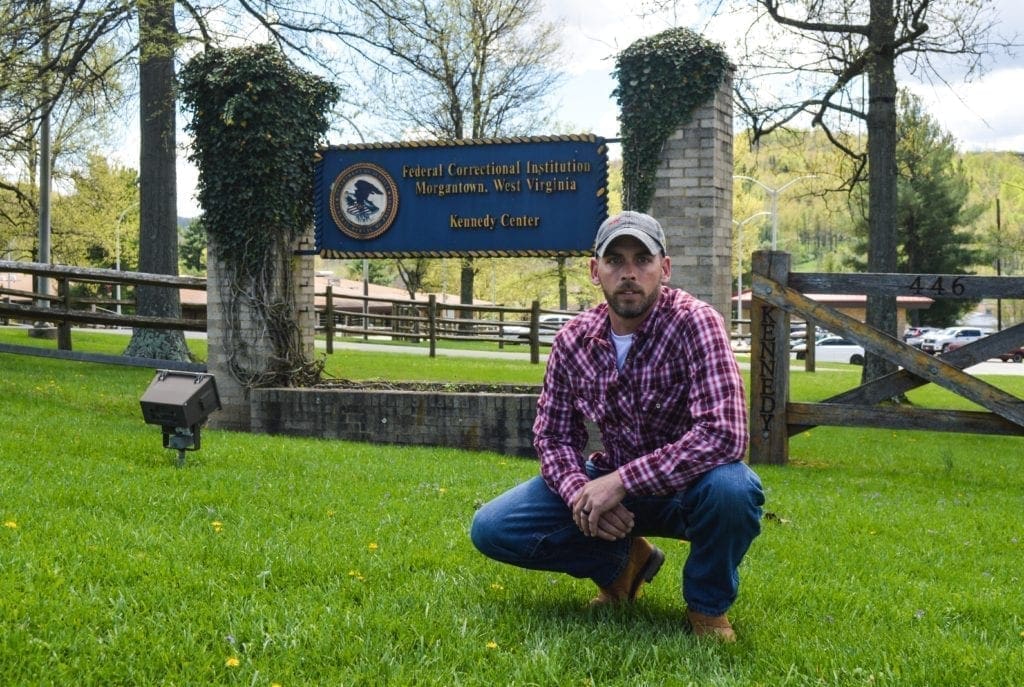Quaaludes. Cocaine. Crack cocaine. Meth. Opiates. Heroin.
Those are most of the drugs that have killed in this Upper Ohio Valley, according to law enforcement officials in Ohio, Marshall, and Belmont counties. The last decade, though, has been dominated by overdoses involving opioids, including heroin because snorting or injecting the Schedule 1 narcotic is much cheaper than prescription pills.
In the United States, approximately 68 percent of more than 70,000 overdose deaths in 2017 involved an opioid, and the state of West Virginia was No. 1 with a 49.6 percent per every 100,000 citizens (833 deaths). The state of Ohio was second in the national ranking, according to the Center of Disease Control, with a 39.2 percent per every 100,000 citizens (4,293 deaths).
Nationwide, as many as 130 Americans die per day from the abuse of an opioid.
The crisis in Ohio County reached the point to where the Emergency Management Agency created a texting service to inform locals that at least three overdoses had taken place within a 24-hour period of time.
“But in the last few months, we’ve not seen much coverage in the local media, so some people think the epidemic is over,” said Ohio County Sheriff Tom Howard. “But that’s not true. The overdoses are still taking place, and people are still dying.
“The guys assigned to the Ohio Valley Drug Task Force are very busy, and the bulk of their work involves heroin and the opioid pills,” the sheriff added. “People are still overdosing, and people are still dying.”

He Had to Go Back to Prison
“Loopy,” he believes, was the term used by a friend while explaining how it feels to drink beer and take illegal opiates at the same time, and for whatever reason, BJ Salem wanted to experience it.
The behavior became more frequent, then turned habitual, and Salem soon was gobbling those little suckers all day, every day because of his addiction.
It was Percocet he was popping, and they took over to the extent his brother-in-law had to hold a “Meet Jesus” conversation with him that ended with the “Quit-it-or-get-out” ultimatum. That time, he quit. He immediately flushed his full bottle and lay “dope sick” for days, but Salem beat it.
For a year and a day, that is.
At that time, Salem was living with the mother of his daughter, Layla, who just turned 11 on Dec. 23, and another friend offered a Vicodin during the drive to the family greyhound kennel, and a few years later he was sentenced to 30 months in federal prison for his part in an operating opioid pill ring in the Wheeling area.
On the day he was released from the Kennedy Center in Morgantown, he promised himself he would never return. But Salem did, and this story explains why.

